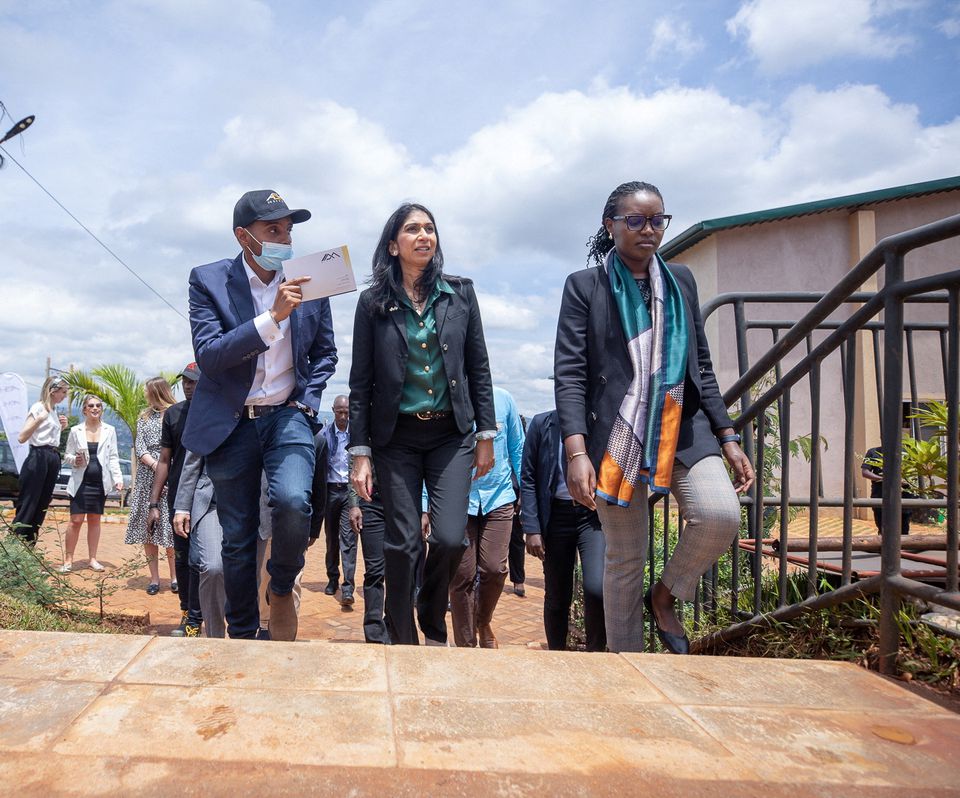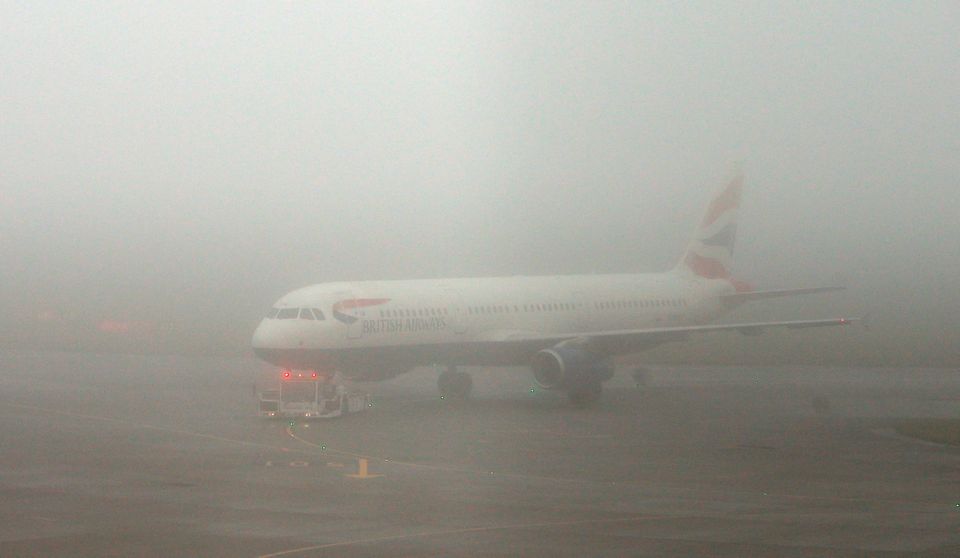Next week, the British government will make a concerted effort to convince the country’s top court to overturn a ruling that deemed its contentious plan to deport asylum seekers arriving in small boats across the Channel to Rwanda as unlawful. This setback for Prime Minister Rishi Sunak’s government and its promise to “stop the boats” came after London’s Court of Appeal declared in June that the scheme, which involved transporting migrants more than 4,000 miles (6,400 km) to East Africa, was not legally permissible. The court stated that Rwanda could not be considered a safe third country.
On Monday, government lawyers will argue at the Supreme Court that the previous ruling was incorrect, while lawyers representing migrants from Syria, Iraq, Iran, Vietnam, and Sudan will present their case, aiming to demonstrate that the entire scheme is fundamentally flawed.
The stakes are high for Sunak, who has made addressing immigration one of his administration’s top priorities. Successfully tackling the issue could reinvigorate the fortunes of his Conservative Party, which currently lags behind by approximately 20 points in opinion polls ahead of the expected elections next year.
“A government that fails to deliver on its promises will always face consequences. We need to take control of this issue,” said Conservative lawmaker Brendan Clarke-Smith during the party’s annual conference this week, emphasising the political significance of the matter.
Sunak and his ministers argue that the Rwanda scheme, initiated by former Prime Minister Boris Johnson last year, would dismantle the business model of human traffickers and dissuade individuals from undertaking perilous journeys across the Channel in inflatable boats and dinghies. In August, six people drowned, while in November 2021, 27 perished attempting the crossing.
Opponents of the scheme contend that it is unethical, costly, and ultimately ineffective. Their ranks include human rights organisations, lawmakers from various parties (including some Conservatives), the Archbishop of Canterbury, and even reports of private reservations from King Charles, as suggested by the media.
The fate of the deportation scheme now rests with five judges, including Supreme Court President Robert Reed, who will commence hearings focusing primarily on technical legal arguments over the course of three days, starting on Monday.
IMMIGRATION
Like many European nations, Britain has grappled with how to address the influx of migrants, often fleeing war-torn regions in the Middle East, Africa, and Afghanistan.
In a speech to Conservative Party members on Tuesday, Home Secretary Suella Braverman warned of an impending “hurricane” of migrants and pledged to halt what she referred to as “bogus asylum seekers.”
Immigration played a significant role in the 2016 Brexit vote, with the promise that Britain would regain control of its borders.
Despite government commitments to reduce arrivals, overall net migration has continued to rise, reaching a record high of 606,000 last year. This year, over 25,000 people have arrived in Britain via small boats, while 2022 saw a record 45,755 detections.
The cost of Britain’s strained asylum system, with approximately 135,000 people awaiting decisions, surpasses £3 billion ($3.6 billion) annually. Housing some of these migrants in hotels costs around £6 million per day.
A new law, enacted in July, makes it a legal obligation for the Home Secretary to deport migrants who arrive without permission either to their home country or to a safe third country. Rwanda is the only country with which Britain has signed such an agreement.
The government estimates that the average cost of sending each asylum seeker to Rwanda would amount to £169,000. Other cost-saving measures, such as housing claimants on military bases, have faced strong opposition, often from local Conservative lawmakers. Additionally, a barge anchored off the south coast to accommodate hundreds of migrants was vacated after a few days due to the discovery of Legionella bacteria in the water supply.
Opinion polls consistently show that high levels of immigration remain a major concern for voters, although they also reveal support for migrants filling labor shortages. What the surveys do indicate is that a clear majority believes the government is mishandling the issue.
“If we manage to reduce the level of illegal immigration, I believe people will support us in the next election,” remarked Clarke-Smith, highlighting the electoral implications of the government’s approach.
($1 = 0.8278 pounds)









No comment yet, add your voice below!